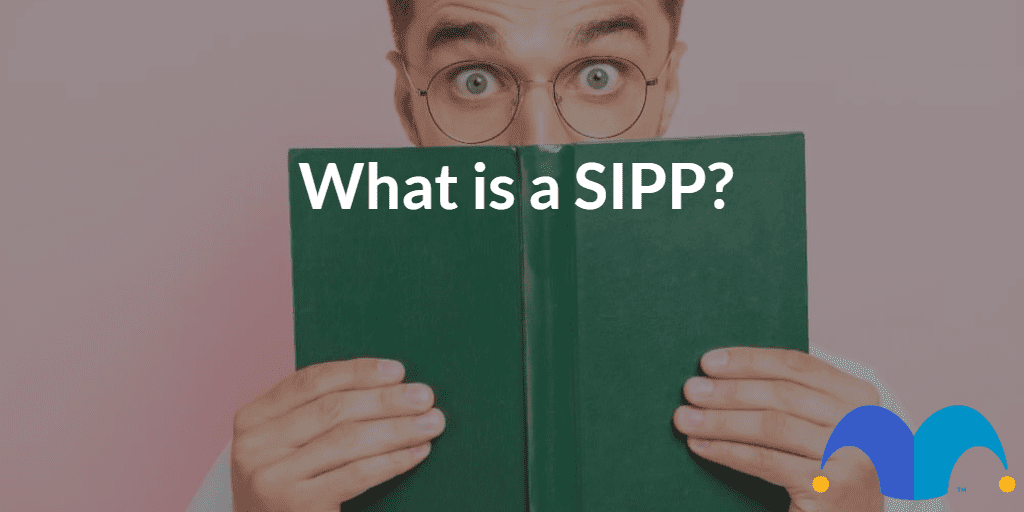Are you comfortable making your own investment decisions? Do you want to have a DIY pension? If so, then a self-invested personal pension or SIPP might be for you. Here I investigate three questions: What is a SIPP? What makes it different from other pension schemes? And what are the pros and cons of this type of pension?
Please note that tax treatment depends on the individual circumstances of each client and may be subject to change in future. The content in this article is provided for information purposes only. It is not intended to be, neither does is constitute, any form of tax advice. Readers are responsible for carrying out their own due diligence and for obtaining professional advice before making any investment decisions.
What is a SIPP?
As the name suggests, a SIPP is a DIY pension. It is aimed at investors who are confident managing their own pensions rather than taking financial advice. It’s a great option if you want a wide range of funds to choose from as this type of pension often has more choice than a traditional personal pension. It also usually has lower fees and charges than other schemes.
A SIPP is particularly useful as a second pension if you are already paying the maximum amount allowed into your company scheme. It’s also a popular option with investors who don’t qualify for an employer’s pension or are self-employed.
What are the benefits of a SIPP?
- Lower fees – a SIPP typically offers lower fees than a traditional pension. If you have an older style pension with a 1% fee, it may not sound like a lot. But over time, it can really eat into your investment growth. In contrast, a SIPP usually has a fee of between 0.15% and 0.5% of the total pension value. Some SIPPs have a flat fee structure where you pay the same set fee whatever the size of your investment. This can offer great value if you have a large pension pot.
- Wide choice of funds – SIPPs usually offer a very large choice of investments. For example, Hargreaves Lansdown offers a choice of over 2,500 funds.
- Different types of investments – As well as investing in share funds, SIPPs often include a wide variety of other investment options. Investors can choose between unit trusts, investment trusts, government bonds and individual shares.
- Great for consolidating pensions – because SIPPs have low fees, they are a popular choice for people nearing retirement who want to consolidate lots of smaller pension schemes they have accumulated over the years.
- Tax relief – SIPPs benefit from government tax relief in the same way as other pension schemes.
What are the drawbacks of a SIPP?
- Lack of advice – a SIPP is a cheap option because it comes without financial advice. This may be an issue if you aren’t comfortable making your own investment decisions.
- Can be confusing – with so many options to choose from, a SIPP can be overwhelming. It is sometimes simpler to invest in a scheme with a limited number of options.
- No employer’s contributions – for most people, it probably makes sense to join your employer’s scheme first and make the most of the free contributions. A SIPP can be a great choice as a separate second pension on top of your company scheme.
- Money locked away – just like other pension schemes, you won’t be able to access your SIPP investment until you turn 55. If you might need your money before then, you could consider a stocks and shares ISA.
And finally
If you’re not sure whether a SIPP is right for you, then it may be best to take financial advice before going ahead. Although a SIPP doesn’t come with financial advice, there’s nothing to stop you from seeking independent advice before you take the plunge.
[KevelPitch adtype=151]
